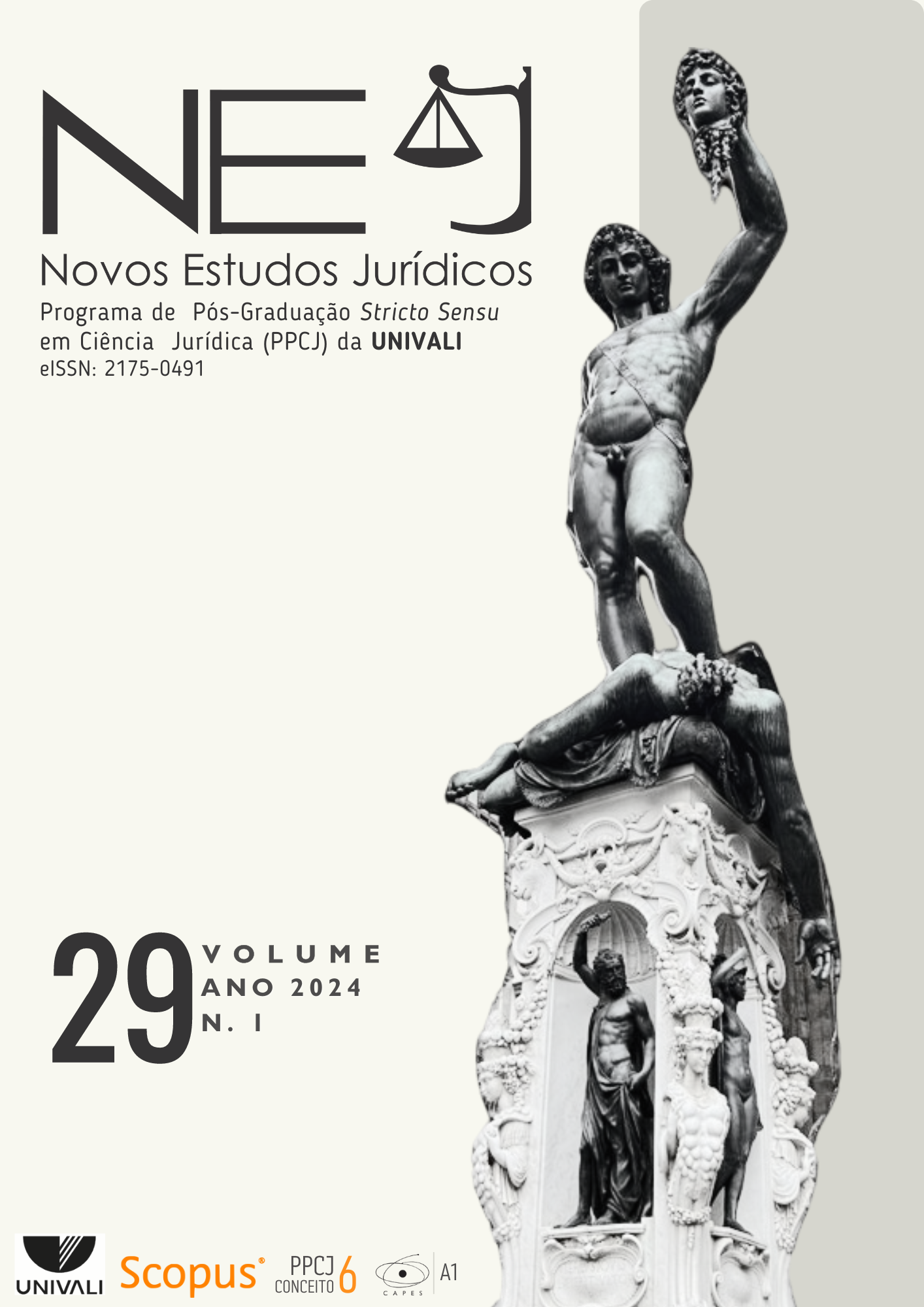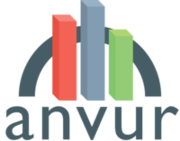TRANSCOMPLEXITY AS A HERMENEUTIC BIAS FOR UNDERSTANDING THE CONTEMPORARY WORLD
DOI:
https://doi.org/10.14210/nej.v29n1.p77-99Keywords:
Hermeneutics, Complexity, Transdisciplinarity, Transcomplexity, Contemporary WorldAbstract
Contextualization: Living life in this contemporary world can be an immense challenge, given the numerous demands for understanding that current experiences have brought into the lives of all human beings. The solidity of the past no longer seems to account for the reality of the present. Social, cultural, and existential transformations imply new translations of reality.
Objective: The article aims to present transcomplexity as a possibility for interpreting the contemporary world. Thus, this proposal is used as a key to reading a world marked by transience, impermanence, and many uncertainties.
Method: The research employs the inductive method, having a speculative-argumentative nature based on literature review. Consolidated works of authors such as Wittgenstein and Schleiermacher are used to support the role of hermeneutics, and Morin, Nicolescu, and González are referenced to sustain the role of complexity, transdisciplinarity, and transcomplexity, respectively, in understanding the world today.
Results: The article supports the notion that hermeneutics, as an exercise in interpreting the world, occurs as complexity and transdisciplinarity unite to translate what the world and things are. This is more evident when considering the realm of education and all its intricacies.
Downloads
References
ALDEMAN, Miriam. Visões da Pós-Modernidade: discursos e perspectivas teóricas. Revista Sociologias. Porto Alegre, ano 11, nº 21, jan./jun. 2009, p. 184-217 Disponível em https://www.scielo.br/j/soc/a/QwYJCDbXhf6gHFcQqvKtbTD/?lang=pt&format=pdf Acesso em 05 Mar. 2023 DOI: https://doi.org/10.1590/S1517-45222009000100009
ARAÚJO, Sônia Maria da Silva. Dilthey e a hermenêutica da vida. Crítica – Cadernos de Educação | FaE/PPGE/UFPel | Pelotas [28]: 235 - 254, janeiro/junho 2007. Disponível em https://periodicos.ufpel.edu.br/ojs2/index.php/caduc/article/download/1802/1682 Acesso em 01 Fev. 2023.
GONZÁLEZ, Juan. Teoría Educativa Transcompleja. Barranquilla: Universidad Simón Bolivar Tomo I. 2012.
GONZÁLEZ, Juan. Aula Mente Social. Barranquilla: Universidad Simón Bolívar Tomo III. 2013.
GONZÁLEZ, Juan. Religaje Educativo. Barranquilla: Universidad Simón Bolívar Tomo V. 2015.
HÜLSE, L.; PASOLD, C. L. Corporação de Mondragon e a Sustentabilidade. Revista Justiça do Direito, [S. l.], v. 36, n. 1, p. 30-44, 2022. DOI: 10.5335/rjd.v36i1.12519. Disponível em: https://seer.upf.br/index.php/rjd/article/view/12519. Acesso em: 19 mar. 2023. DOI: https://doi.org/10.5335/rjd.v36i1.12519
MAUTONE, Guilherme. O Trabalho sobre si Mesmo: reflexões sobre o legado de Wittgenstein para a filosofia da arte e a educação artística. Educação & Realidade, v. 45, n. 3, 2020. Disponível em: https://seer.ufrgs.br/index.php/educacaoerealidade/article/view/106079 Acesso em: 5 mar. 2023. DOI: https://doi.org/10.1590/2175-6236106079
MORIN, Edgar. Introdução ao pensamento complexo. Tradução de Eliane Lisboa. Porto Alegre, Ed. Sulina, 2005.
MORIN, Edgar. La Vía para el Futuro de la Humanidad. Madrid: Paidós. 2011.
NICOLESCU, Basarab. Quést-ce que la réalité? Montreal: Liber. 2009.
SCHLEIERMACHER, Friedrich. Hermenêutica – arte e técnica da interpretação. Trad. de Celso Reni Braide. Petrópolis, RJ, Vozes, 1999.
SILVA, Igor de Benedetto e; BONIN, Joel Cezar. O papel da Hermenêutica no pensamento filosófico contemporâneo. Azusa: Revista de Estudos Pentecostais, Joinville, v. 7, n.2, p. 193-210, jul./dez. 2016. Disponível em: http://azusa.faculdaderefidim.edu.br/index.php/azusa/article/view/153 Acesso em 04 Mar. 2023.
WITTGENSTEIN, Ludwig. Tractatus Logico-philosophicus. Trad. Luiz H. Lopes dos Santos, São Paulo, Edusp: 1993.
Downloads
Published
How to Cite
Issue
Section
License
Na qualidade de autor(es) da colaboração, original e inédita, sobre o qual me(nos) responsabilizo(amos) civil e penalmente pelo seu conteúdo, após ter lido as diretrizes para autores, concordado(amos) plenamente com as Políticas Editorias da Revista Novos Estudos Jurídicos - NEJ e autorizo(amos) a publicação na rede mundial de computadores (Internet), permitindo, também, que sua linguagem possa ser reformulada, caso seja necessário, sem que me(nos) seja devido qualquer pagamento a título de direitos autorais, podendo qualquer interessado acessá-lo e/ou reproduzi-lo mediante download, desde que a reprodução e/ou publicação obedeçam as normas da ABNT e tenham a finalidade exclusiva de uso por quem a consulta a título de divulgação da produção acadêmico científico.





























